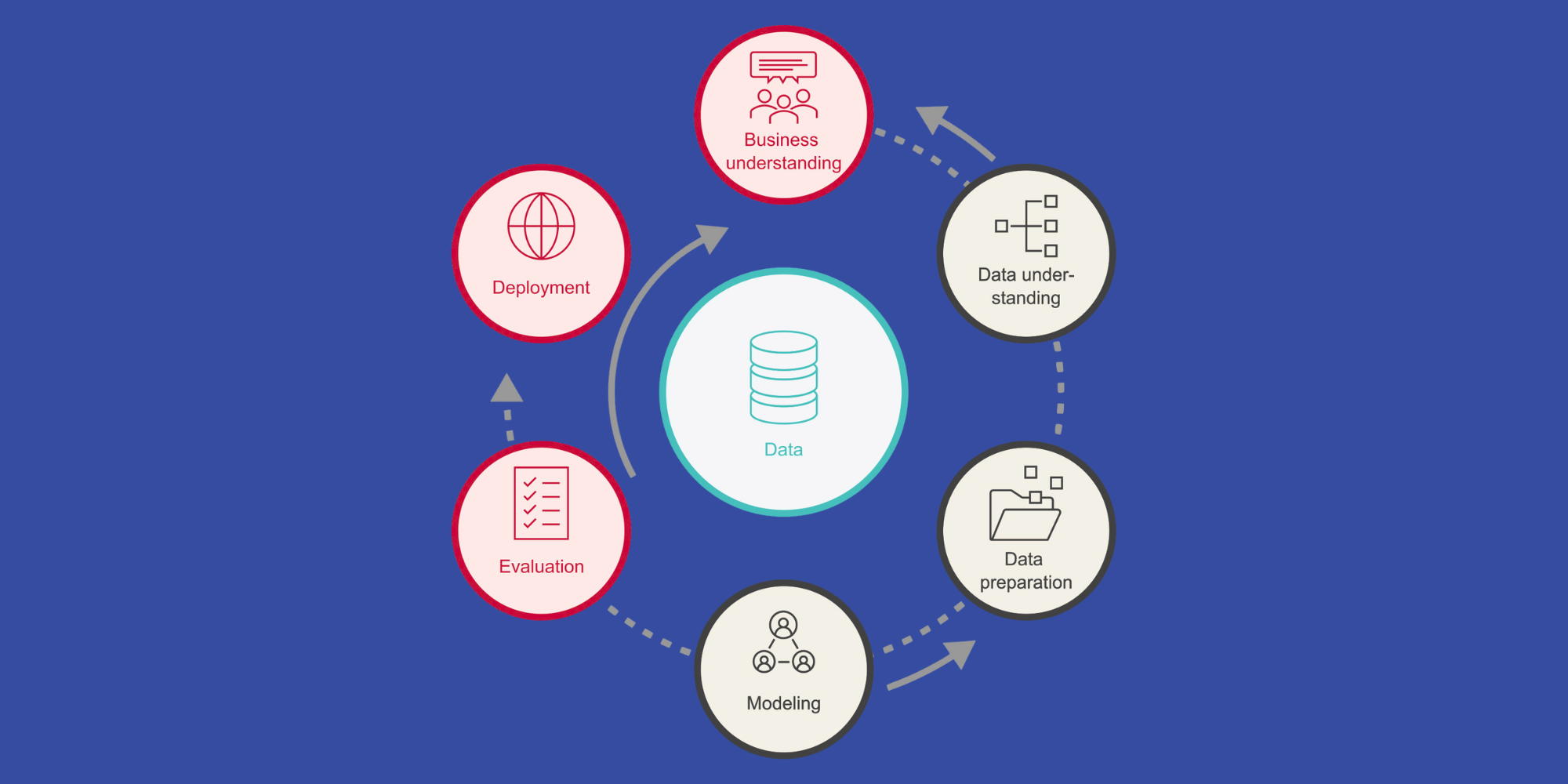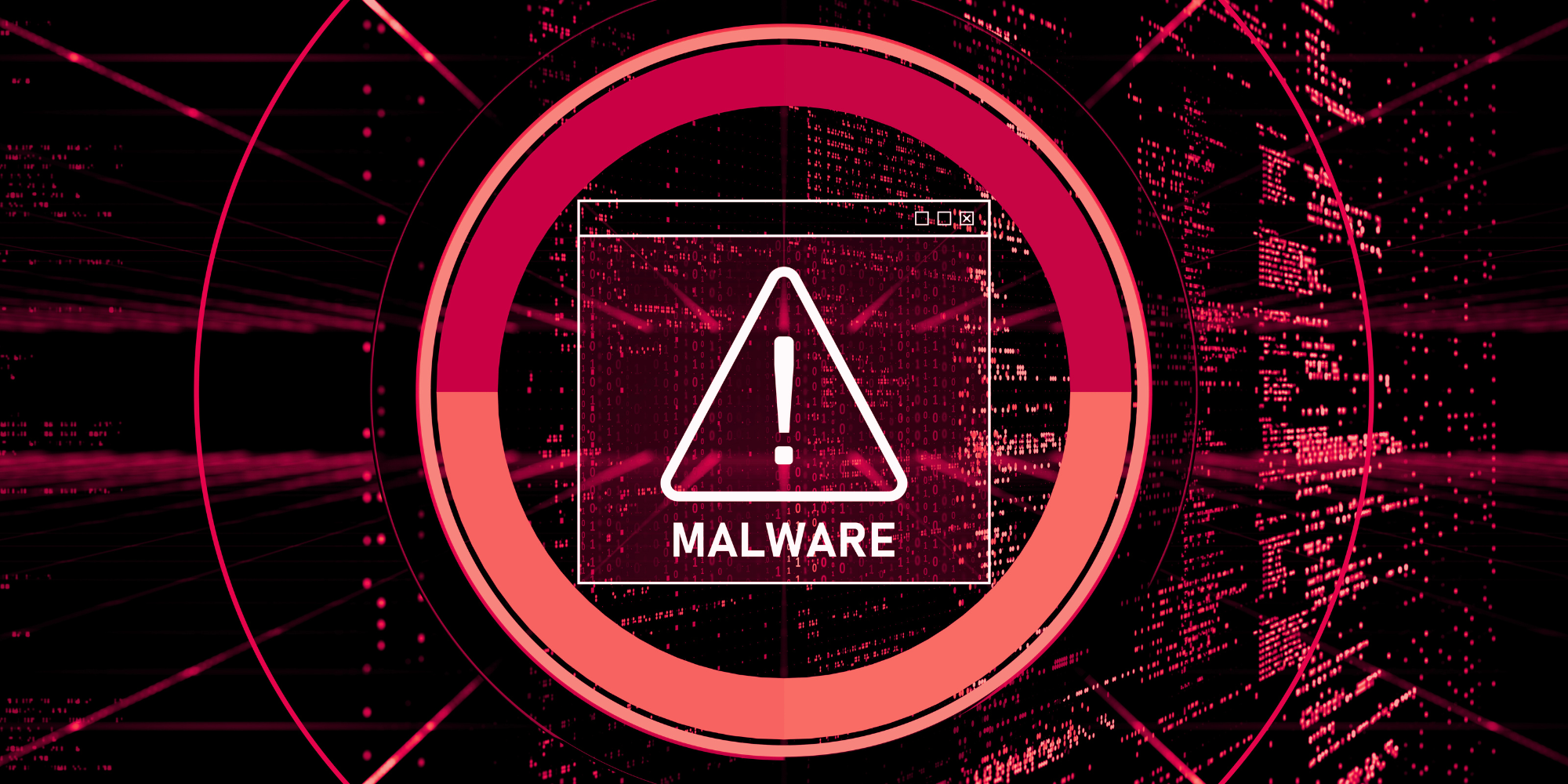Digital learning platforms and technologies have transformed higher education, particularly in the last 5 years. When Covid-19 pushed the vast majority of the population to make the leap to distance learning, we discovered online learning has some unexpected benefits and can match or even exceed traditional classroom settings. E-learning has evolved and developed a methodology since then. It accommodates diverse learning styles and provides flexible learning opportunities for students worldwide.
To help you maximize your online learning experience and achieve optimal learning outcomes, we've compiled 9 essential strategies based on pedagogical approaches and student success data.
1) Establish Time Management Skills Through Structured Scheduling
Successful online learners develop strong time management skills by creating and maintaining a structured schedule. Treat your online courses with the same dedication as face-to-face classes — establish a morning routine, prepare your learning environment, and eliminate distractions. Whether participating in synchronous or asynchronous learning activities, designate specific time blocks for coursework, reading learning materials, and engaging with course content through various online platforms.
2) Implement Strategic Break Periods
Research in educational psychology emphasizes the importance of structured breaks in the learning process. For optimal student engagement, incorporate regular breaks using techniques like the Pomodoro Method. Step away from your computer to prevent digital fatigue, engage in physical activity, or practice mindfulness exercises. This approach helps maintain high-quality focus during study sessions and improves retention of course materials.
3) Leverage Support Systems and Communication Channels
One of the key benefits of online learning is the diverse support available through multiple channels. Don't hesitate to reach out to instructors through learning management systems, participate in online forums, or engage in video conferencing during office hours. Many online programs provide dedicated academic support services, including virtual tutoring and technical assistance for internet connection issues.
4) Optimize Your Online Learning Environment
Creating an effective learning environment is crucial for distance education success. Designate a specific space for your online learning activities that minimizes distractions and supports your learning objectives. Consider factors like ergonomics, lighting, and technical requirements. Invest in quality headphones and ensure reliable internet connectivity to maintain seamless participation in synchronous learning sessions.
5) Build Accountability Systems
While online courses offer the flexibility to learn at your own pace, maintaining accountability is essential. Engage with peer groups through learning platforms, participate actively in student forums, and leverage social interaction opportunities within your online program. Consider forming virtual study groups with fellow online students to maintain motivation and share learning experiences.
6) Engage Actively in All Learning Opportunities
Active participation is key to a fulfilling online learning experience. Whether you attend live sessions or office hours, seizing every opportunity to engage enhances your understanding and retention of the material. These interactions not only enrich your learning but also foster meaningful connections with peers and instructors, creating a supportive and dynamic educational environment.
7) Set Clear Objectives and Celebrate Achievements
Establishing specific learning goals and monitoring your progress toward them is vital in an online learning environment. Utilize tools like learning management systems or personal journals to document milestones and reflect on your growth. When you reach a goal, take the time to celebrate your accomplishment in a way that is meaningful to you, such as sharing your success with peers or rewarding yourself with a small treat. Recognizing and celebrating these achievements reinforces your commitment and enhances your overall learning experience.
8) Practice Reflective Learning
Incorporate reflective practices into your learning process to deepen understanding and retention. Use digital learning tools to maintain a learning journal, participate in self-assessment activities, and regularly review your progress against course objectives. This metacognitive approach enhances the effectiveness of online learning.
9) Embrace the Unique Benefits of Online Education
Remember that distance education offers unique advantages over traditional classroom settings. From self-paced learning options to increased accessibility for students with disabilities, online learning platforms provide unprecedented opportunities for educational advancement. Focus on leveraging these benefits while developing the digital literacy skills essential for success in modern higher education.
Conclusion
The effectiveness of online learning depends largely on how well students utilize available resources and adapt to this unique educational methodology. Whether pursuing professional development or a formal degree program, success in online education requires a combination of technical proficiency, self-discipline, and engagement with learning materials and activities.
At SMU, we provide comprehensive support through sophisticated learning platforms, experienced instructors, and dedicated student success teams. Our online programs combine high-quality course materials with innovative educational technology to ensure optimal learning outcomes for all students.
For more information about our online learning opportunities and support services, contact our admissions team or explore our website to discover how our dynamic e-learning experience can help you achieve your educational goals.







.png)